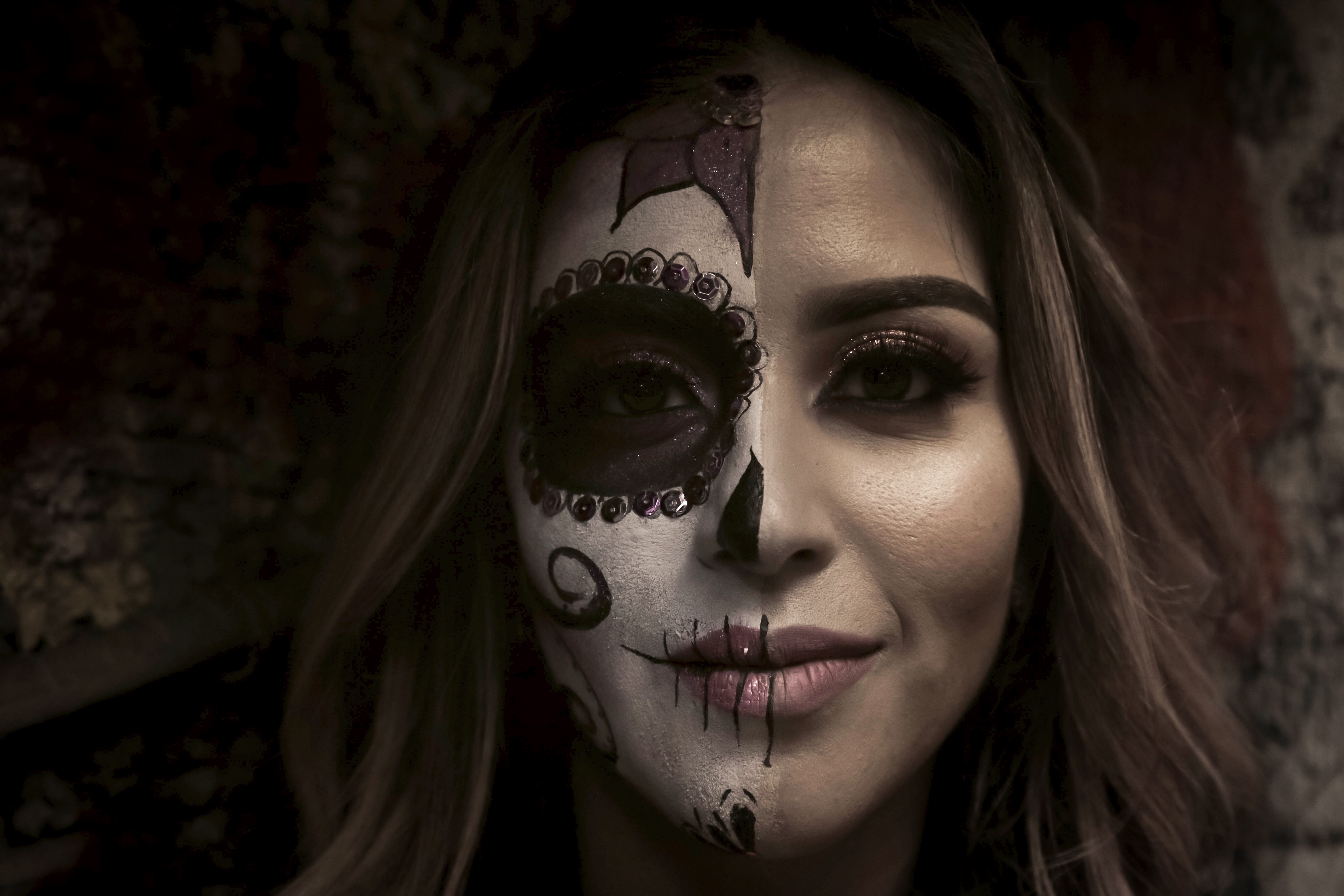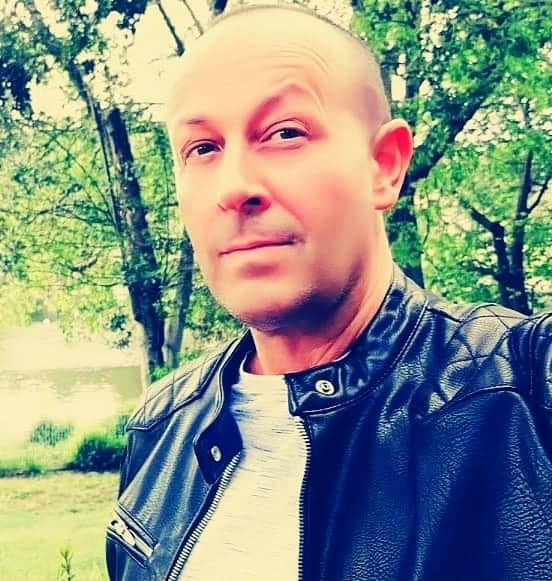
Looking back on my life, I realized that I spent a lots of my precious time trying. Trying to be perfect. Trying to be appreciated and liked by everyone else around me. Trying to fit in with different groups of people so that I could feel accepted and included, and feel some sense of belonging.
In reality, I was using others as an instrument to get what I wasn’t giving myself: Love, appreciation, self-care and self-respect.
While I played those roles, juggling those masks I had to wear and hiding my pain, but the pressure increased to keep pretending I had it all together. Considering the cost of my soul when I did this and the loss of myself, I would never discovered my true identity unless I began identifying and laying down my masks.
In this way I began a process of stripping down the defenses that I had built up over the years and I finally started to be my authentic self, embracing my vulnerability and rethinking my well-being.
Obviously today many of us often experience this unhealthy behavior, that’s a clear sign of low self-esteem.
If you regularly feel that you can’t just relax and be yourself, you’re probably sick and tired of it.
It is disempowering, inauthentic, and extremely time- and energy-consuming.
There’s a good chance, too, that you put on different masks so habitually that you don’t even notice when you’re doing it. Maybe you’ve done it your whole life.
You may feel weary and don’t know why.
Take as an example Halloween party. People go nuts about it. That made me start thinking about the psychology behind the celebration. Halloween is actually an ancient Celtic holiday on which people believed they needed masks to protect themselves from bad spirits that roamed the earth on all Hallows Eve.
Thousands of years later, people are still wearing masks.
There are lots of emotional masks, the masks we hide behind because of fear.
For example, if we are insecure, we might hide behind the mask of name-dropping. If we are unsure of our power, we can hide behind mask of being a bully. If we don’t think the world loves us, we can hide behind mask of anger. We mask the debt we’ve incurred to pay for lifestyles we can’t afford; we pretend things are fine at work, when our jobs are on the line; we pretend things are okay in our marriages when there is distance.
What masks do you wear?
One of the most common reasons we wear masks is due to the fear that the world is going to find us out. I’ve heard it described as feeling like a fake, like you don’t really belong, or like you aren’t really successful, but are just posing as such.
Infact one of our greatest fears is that if we show our true selves, the world will say, “Oh, it’s just you.” But being just you is actually the best and most perfect thing you could ever be.
“When you say Yes to others, make sure you are not saying No to yourself.”
~ Paulo Coelho
There are three practical reasons why we should shed our masks:
1) The first is to live into our potential. We have to bring all of who we are to what we do. There are numerous people who have our same skillsets, or maybe an even better one. But none of these people bring the same personality, creativity, and spirit to the job that you do. That’s something they can’t match. The irony is that we often mask that part of ourselves at work and lose our greatest potential.
2) The second reason is relief. It is exhausting to live an inauthentic life. You put on a mask or two or ten, then take a few off, then put a couple more on … It’s exhausting! Worst of all, you start forgetting who you really are.
3) The third reason is healing. When we wear masks, we carve a piece of ourselves out — withholding parts of ourselves as unworthy. But in relationships we can’t be truly healed unless we offer up all the pieces. It’s like handing someone a broken vase and asking him or her to fix it but holding back two or three of the broken pieces.
We weren’t born with masks. We put them on, so we can take them off.
But, luckily there are simple practices that can help you stop using masks and allow yourself to be the real YOU:
1. Meditate to improve your self-awareness
By going inward through meditation we can create a bit more self-awareness on why we are putting on a mask and who we can let it down with.
And to know yourself is to accept yourself.
Self-awareness requires observing and accepting who you are — not who you should or shouldn’t be. Acceptance is embracing every part of your ‘self’, not just the nice ones.
Self-awareness is not just a nice to have. People with high self-awareness are more confident and creative, communicate more effectively and build stronger relationships.
People who score high in self-awareness know themselves well and also understand how others see them.
2. Identify Whose Opinions Really Matter To You
There is a difference between caring about what other people think and being defined by it. Draw a one-inch square on a piece of paper and write the three to five names of people whose opinions really matter to you — people who care about your success and would never abandon you in your failure. Those are the people to begin practicing vulnerability with by sharing some your struggles with them.
3. Be Vulnerable
Vulnerability is the shortest pathway to connection: If we want to form deep and meaningful relationships with others, we must show vulnerability. This means letting down your guard enough to let others in. Focus on the goal of connection. Remind yourself that you’re not alone. Your most quirky qualities, embarrassing stories or difficult moments have the power to connect you to Others.
4. Understand When You Want To Hide
Being your truest and honest self begins with being brave enough to pay attention to the situations and circumstances under which you hide. Do you hide around a certain topic? Or a senior-level executive? After you identify the circumstance, take a look at what those situations have in common. Hiding is a result of fear. So ask yourself, what is the fear underlying all those circumstances?
5. Embrace Your Differences, Strengths and Weaknesses
We all have a unique set of fingerprints for a reason. Once you learn to view yourself as a needed, necessary and wanted being, your confidence in your uniqueness will be contagious. Everyone has a story, and we all have a chapter we’d like to rip out of our book of life. Authenticity comes when you realize that you define who you are now and who you desire to be. You hold all the power you need.
6. Put Your Attention On Others
One way to get more comfortable with being your authentic self is to focus on the value you can provide to the other person. Take the focus off of you and put it on them. What difference can you make for them? Realize also that we all have many hats we wear in life — sibling, friend, co-worker and parent, for instance — and bring different parts of our self to each relationship and interaction.
7. Your Authentic Self Makes You Interesting
Oscar Wilde said, “Be yourself; everyone else is already taken,” and he was right.
The only way to stand out in a crowded world is to be different and authentically you. It is easier to get comfortable being yourself when you view it as an asset and not as something that will make you a social outcast. Feed the parts of yourself that are authentically you and help you achieve your goals.
Originally published at medium https://medium.com/@davidedonghi/put-down-your-mask-life-is-not-a-carnival-161b26492ce2

